Если вы заинтересованы в сотрудничестве, свяжитесь с нами немедленно, мы дадим вам обратную связь в кратчайшие сроки!
![]() Ватсап: +8613963585512
Ватсап: +8613963585512
![]() Электронная почта : [email protected]
Электронная почта : [email protected]
| Элемент | Parameters/Description |
|---|---|
| Название продукта | Stainless Steel Plate |
| Material Type | Austenitic Stainless Steel (e.g., 304, 316), Ferritic Stainless Steel (e.g., 430), Martensitic Stainless Steel (e.g., 410) |
| Standard Grades | 304 Stainless Steel, 316 Stainless Steel, 316L Stainless Steel, 430 Stainless Steel, etc. |
| Отделка поверхности | 2B (Matte Finish), BA (Mirror Polished), No.4 (Brushed Finish), HL (Hairline Finish), Etched Surface, etc. |
| Thickness Range | 0.3mm – 50mm (Customizable according to customer requirements) |
| Width Range | 1000mm – 2000mm (Customizable according to customer requirements) |
| Length Range | 2000mm – 6000mm (Customizable according to customer requirements) |
| Density | 7.93 g/cm³ (for 304 Stainless Steel as an example) |
| Corrosion Resistance | Excellent, especially in acidic, alkaline, salt spray, and humid environments |
| High-Temperature Resistance | Maximum operating temperature up to 800℃-900℃ (depending on the specific grade) |
| Mechanical Properties | Tensile Strength: ≥520 MPa; Yield Strength: ≥205 MPa; Elongation: ≥40% |
| Magnetism | Austenitic stainless steel is non-magnetic or weakly magnetic; ferritic and martensitic stainless steel are magnetic |
| Processability | Easy to cut, weld, bend, and stamp |
| Environmental Friendliness | Recyclable, compliant with environmental protection requirements |
| Main Components | Chromium (Cr): 16%-26%; Nickel (Ni): 8%-12% (Austenitic Stainless Steel); Molybdenum (Mo): 2%-3% (316 Stainless Steel) |
| Standards Compliance | ASTM, GB/T, JIS, EN, and other international or national standards |
| Typical Applications | Architectural Decoration: Curtain walls, handrails, elevator panels Industrial Equipment: Chemical containers, pipes, storage tanks Food & Medical: Kitchenware, medical devices, food processing equipment Transportation: Automotive exhaust systems, marine components |
| Упаковка | Standard wooden crate packaging, moisture-proof paper wrapping, pallet fixation to ensure no damage during transportation |
| Supply Capacity | Daily production capacity: 10-100 tons (depending on specific order requirements) |
| Срок поставки | Standard specifications: 7-15 days; Customized specifications: 20-30 days |
| After-Sales Service | Technical support, quality assurance, return/exchange services |
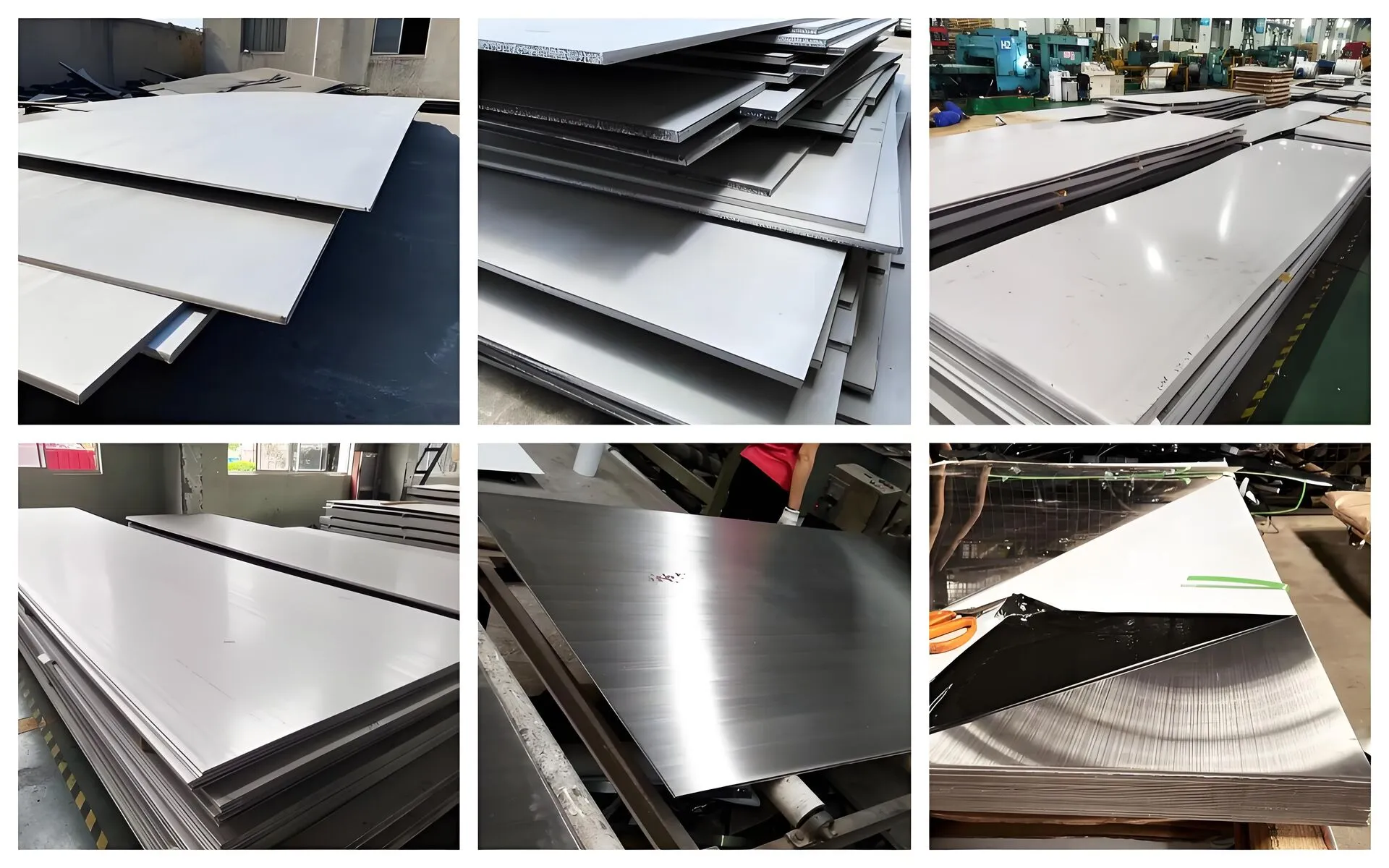 Physical properties and chemical properties:
Physical properties and chemical properties:The density of stainless steel is usually between 7.75 and 8.05 g/cm³, depending on its composition (such as chromium and nickel content).
Melting point
The melting point of stainless steel is generally between 1375 and 1450℃, depending on the alloy composition.
Common austenitic stainless steels (such as 304 and 316) have a melting point of about 1400~1450℃.
The thermal conductivity of stainless steel is low, usually between 15 and 20 W/(m·K). This makes stainless steel a good thermal insulator in high-temperature applications, but may require additional consideration in applications that require rapid heat dissipation.
Stainless steel has poor conductivity and high resistivity, usually between 70 and 100 µΩ·cm. Therefore, it is not commonly used in the field of electrical transmission.
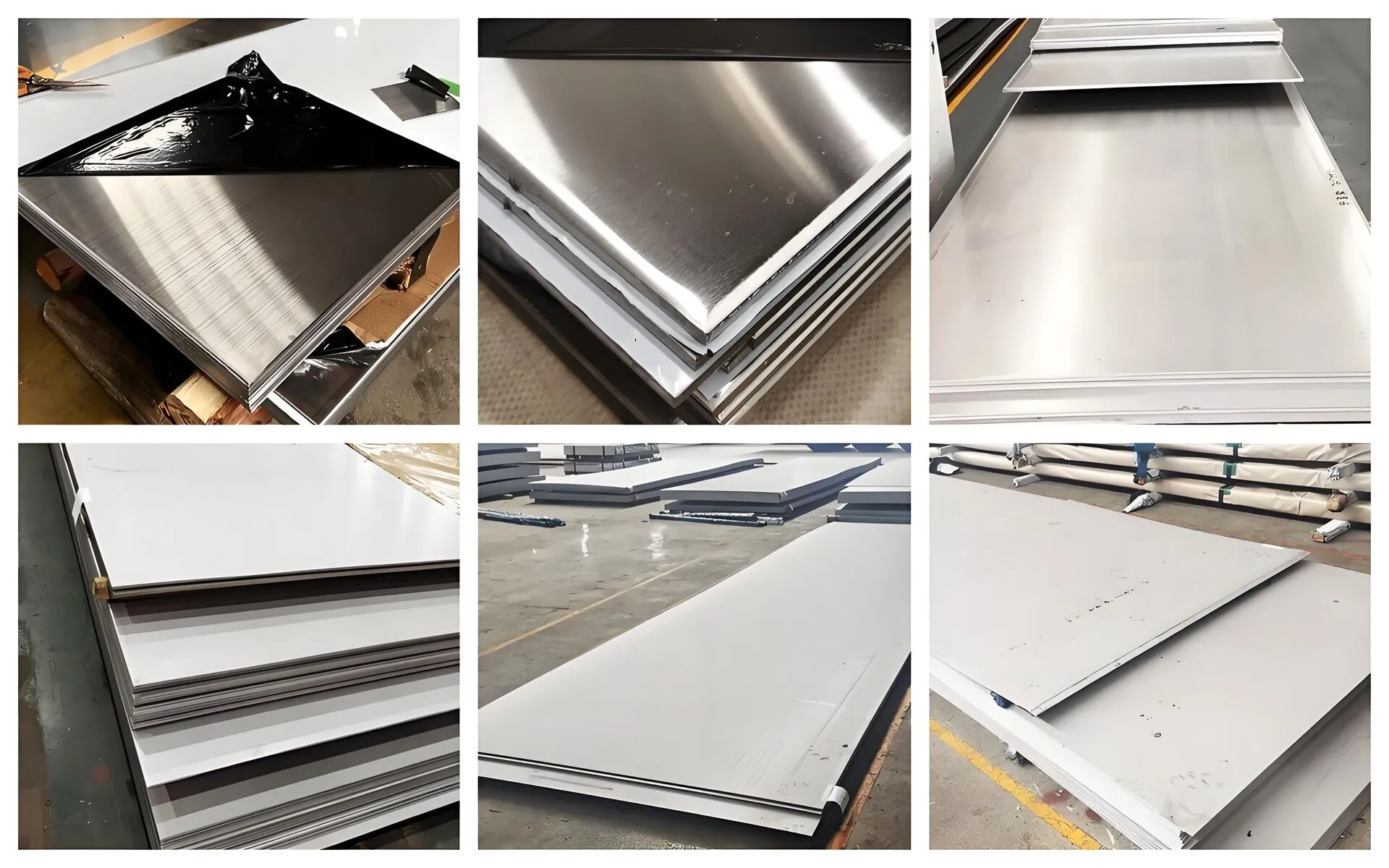 Coefficient of thermal expansion
Coefficient of thermal expansionThe coefficient of thermal expansion of stainless steel varies from type to type, but is usually in the range of 16~20×10⁻⁶/℃. This property determines its dimensional stability when the temperature changes.
Whether stainless steel is magnetic depends on its crystal structure.
Austenitic stainless steel (such as 304, 316): usually non-magnetic or weakly magnetic.
Ferritic stainless steel (such as 430) and martensitic stainless steel (such as 410): usually have strong magnetism.
Stainless steel has high tensile strength, yield strength and hardness, and has good ductility and toughness.
The surface of stainless steel is smooth and has a metallic luster. After polishing, it can present a mirror effect.
The main feature of stainless steel is corrosion resistance, which is due to the presence of chromium. When the chromium content exceeds 10.5%, a dense protective film of chromium oxide (Cr₂O₃) will form on the surface of stainless steel to prevent further corrosion.
Depending on the environment, stainless steel can be divided into acid-resistant stainless steel, alkali-resistant stainless steel, seawater corrosion-resistant stainless steel, etc.
Stainless steel exhibits good oxidation resistance at high temperatures and can resist the erosion of oxygen and other oxidizing gases. This performance is particularly important in high-temperature furnaces, burners and other equipment.
Different types of stainless steel have different tolerance to acids and alkalis. For example:
304 stainless steel: It has good corrosion resistance to weak acids and weak alkalis, but may be corroded in strong acids (such as hydrochloric acid and sulfuric acid).
316 stainless steel: Due to the addition of molybdenum (Mo) elements, it has stronger corrosion resistance to chlorides (such as seawater and salt spray).
Stainless steel exhibits good chemical stability in most environments and is not easy to react with air, water or other common chemicals.
Under certain conditions (such as after welding), stainless steel may experience intergranular corrosion. This is because carbon combines with chromium to form chromium carbide (Cr₂₃C₆), which reduces the chromium content at the grain boundary and destroys the chromium oxide protective film. To avoid this problem, you can choose low-carbon stainless steel (such as 304L, 316L) or stabilized stainless steel (such as 321).
Stainless steel easily forms a passivation film (chromium oxide layer) in air or oxygen-containing environments, thus showing excellent corrosion resistance. If the surface is damaged, the passive film can repair itself.
| Тип | Main Elements | Characteristics | Приложения |
|---|---|---|---|
| Austenitic Stainless Steel | Chromium (Cr), Nickel (Ni) | Non-magnetic, highly corrosion-resistant, easy to form | Food processing, medical devices, architectural decoration |
| Ferritic Stainless Steel | Chromium (Cr) | Magnetic, moderate corrosion resistance, lower cost | Household appliances, automotive exhaust systems |
| Martensitic Stainless Steel | Chromium (Cr), Carbon (C) | High hardness, can be strengthened by heat treatment, relatively weak corrosion resistance | Knives, bearings, mechanical parts |
| Duplex Stainless Steel | Chromium (Cr), Nickel (Ni), Molybdenum (Mo) | High strength, highly corrosion-resistant, combining the characteristics of austenitic and ferritic stainless steels | Offshore engineering, chemical equipment |
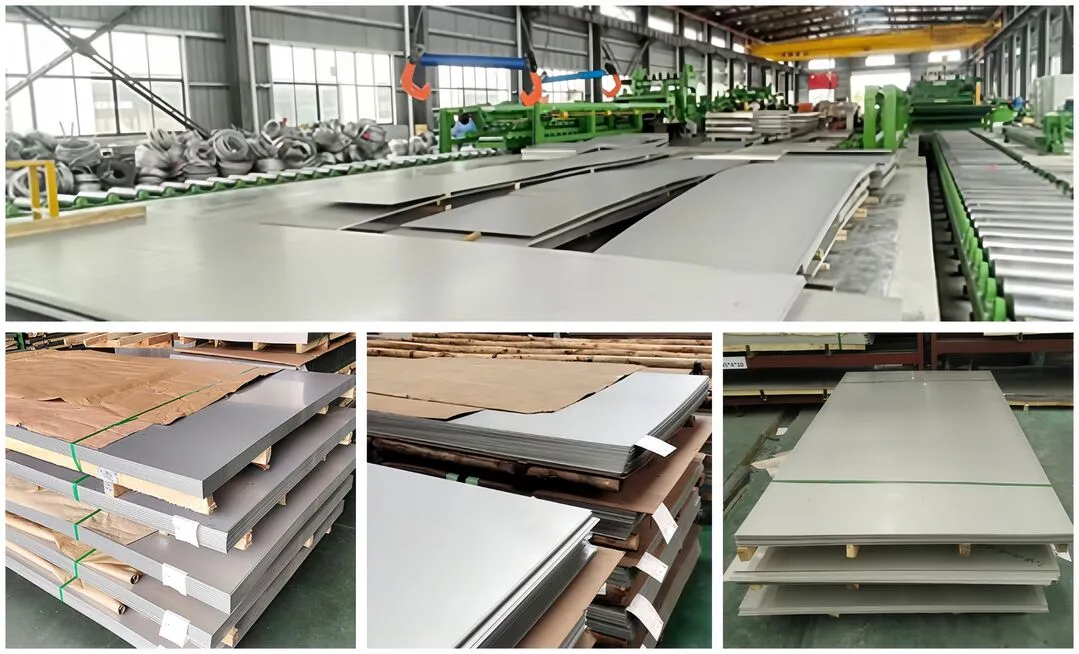 Product application:
Product application:Stainless steel plates are widely used in many fields due to their excellent performance. In the construction industry, stainless steel plates are used for curtain walls, handrails, elevator panels and decorative materials, combining beauty and durability. In industrial equipment, its corrosion resistance and high strength make it an ideal choice for chemical containers, pipes, storage tanks and heat exchangers. In the food processing field, stainless steel plates meet hygiene requirements and are used to manufacture kitchen utensils, food machinery and storage equipment. In medical equipment, its non-toxicity and easy cleaning ensure safe use. In addition, stainless steel plates are also used in the transportation industry, such as automotive exhaust systems, ship components and rail transportation facilities. Its environmental protection and recyclability also meet the needs of modern sustainable development, making it the preferred material for many industries.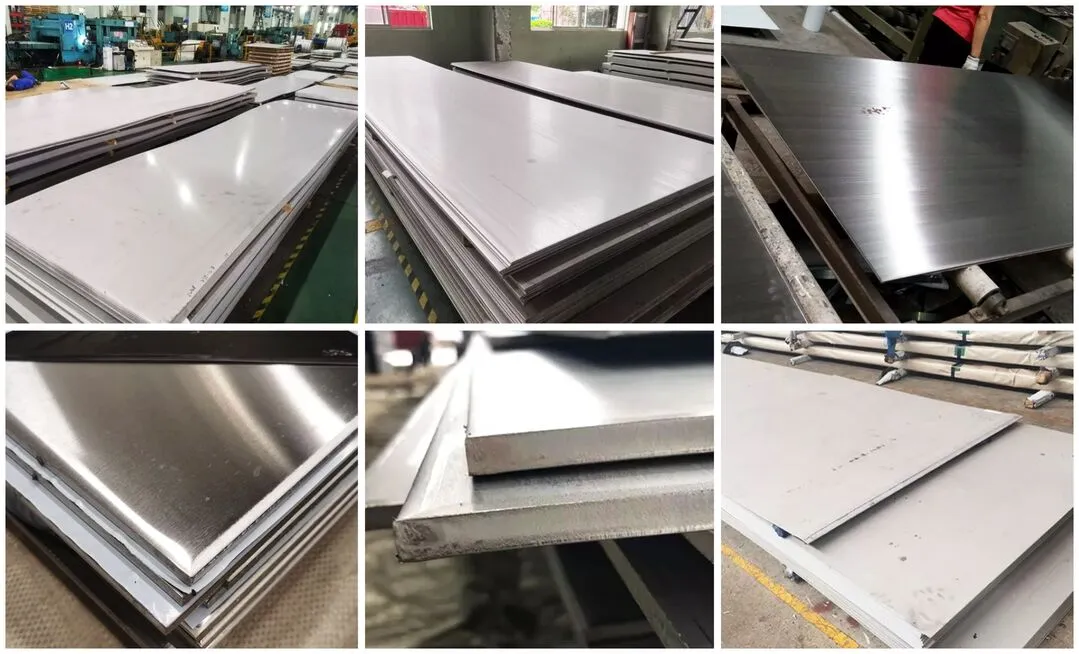
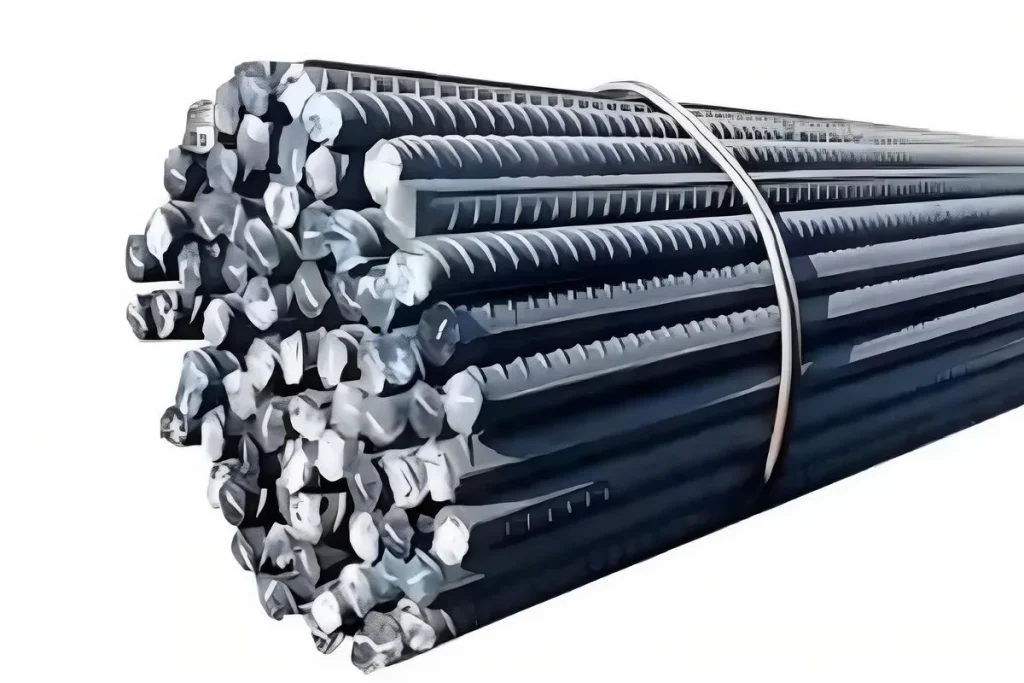
Сверхвысокая прочность и ударопрочность, выдерживающая экстремальные нагрузки и удары
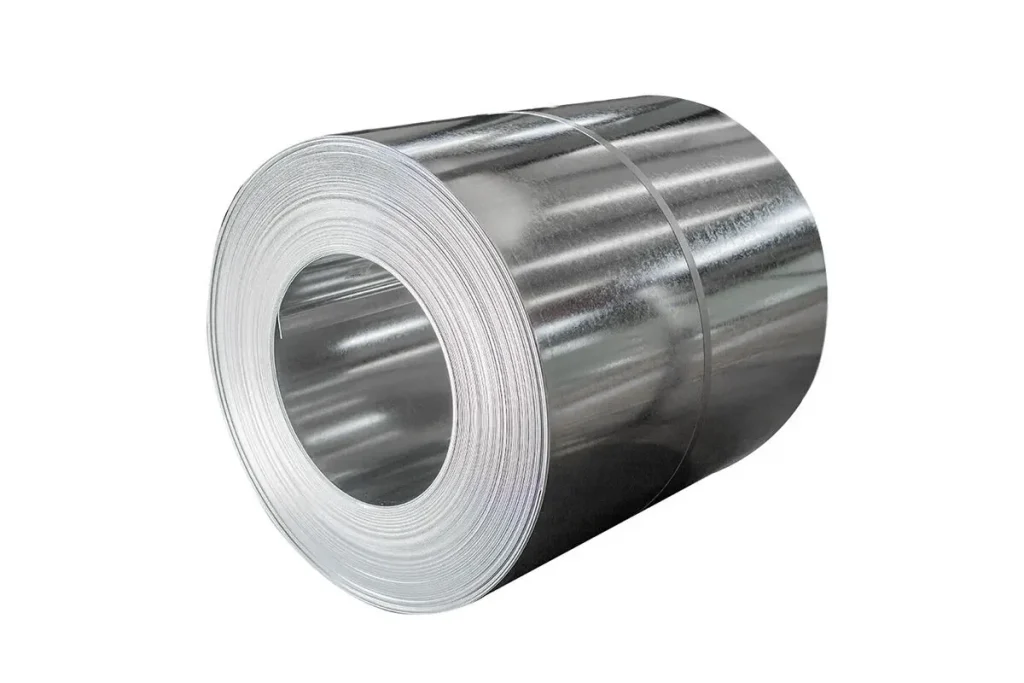
Сверхвысокая прочность и ударопрочность, выдерживающая экстремальные нагрузки и удары
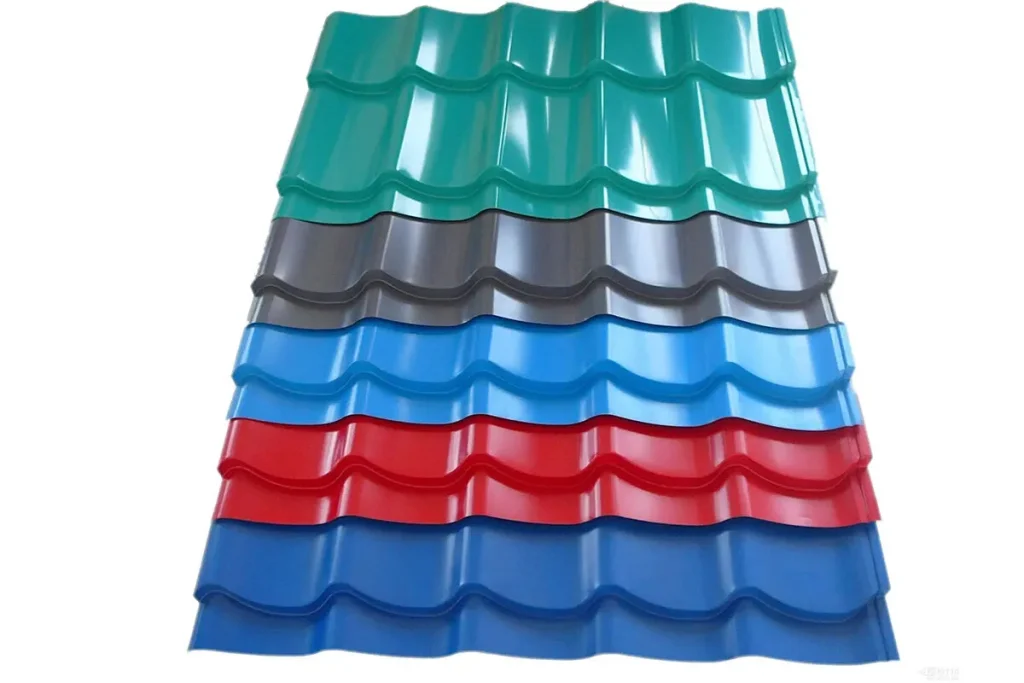
Благодаря антикоррозийной обработке он устойчив к атмосферным воздействиям и коррозии и может служить в течение длительного времени.
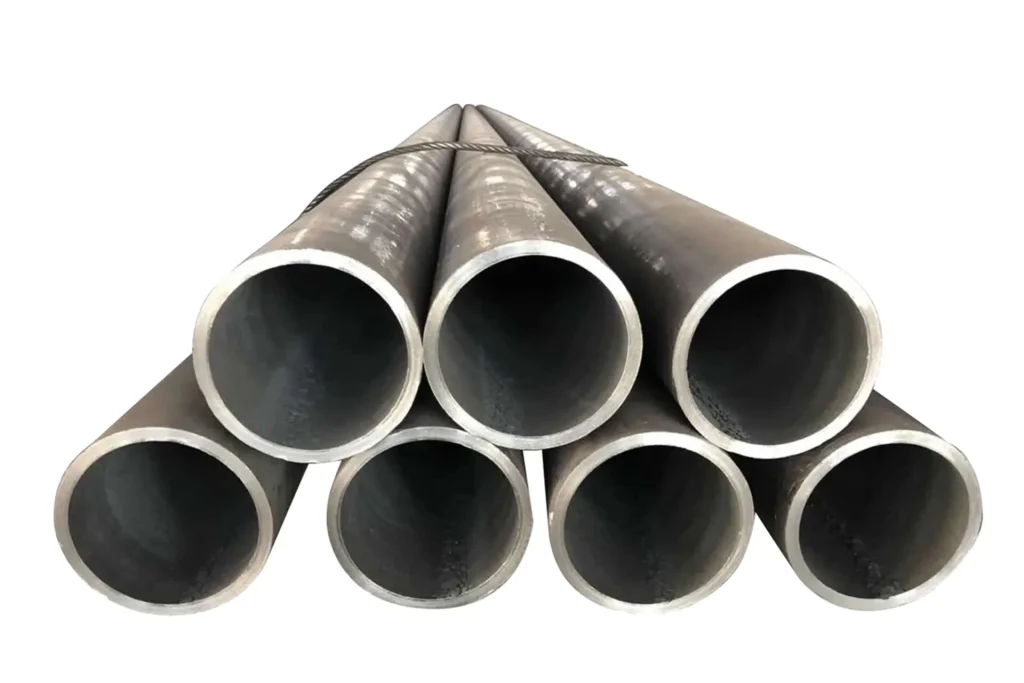
100% перерабатываемый, многоразовый, низкоуглеродный и снижающий потребление
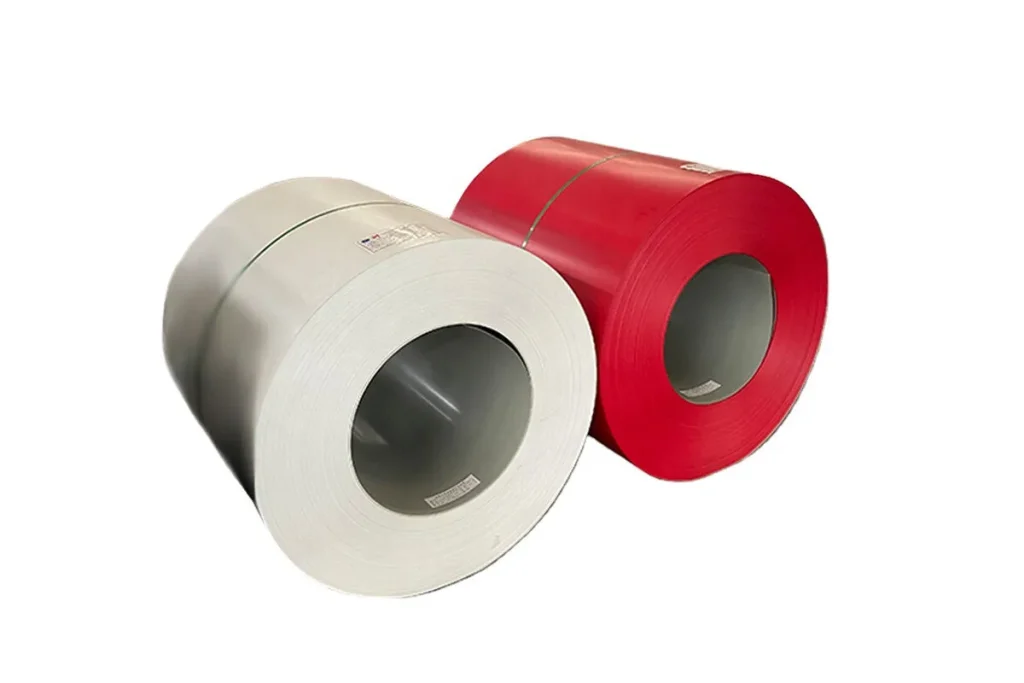
Обработка быстрая и точная, проект сдается быстро.
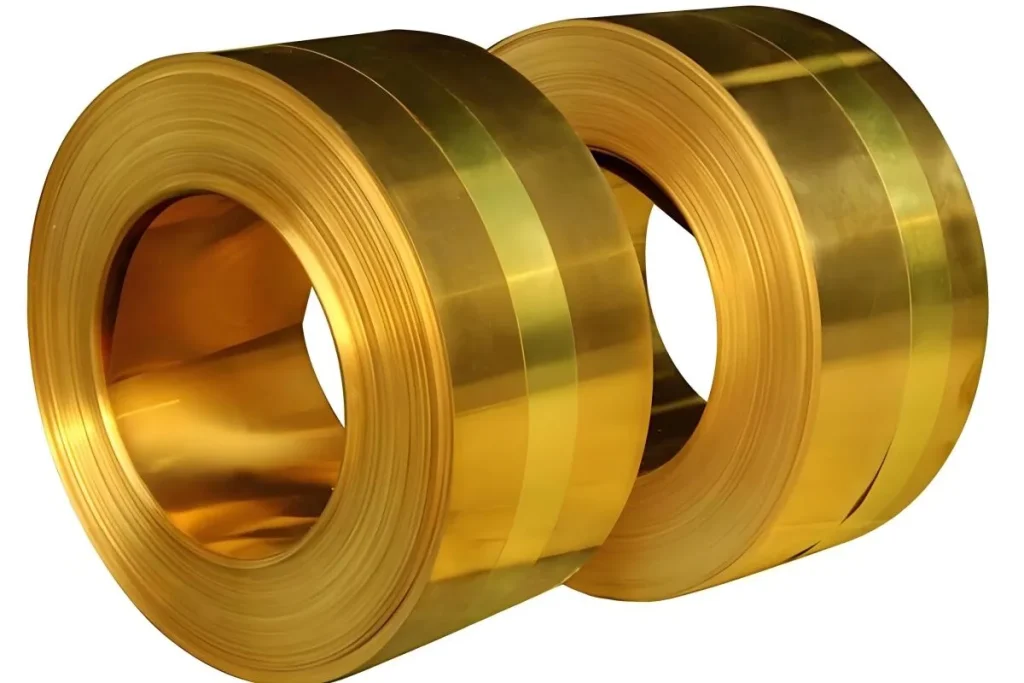
Проходит международные сертификации, такие как ISO и ASTM, подтверждая надежное качество.
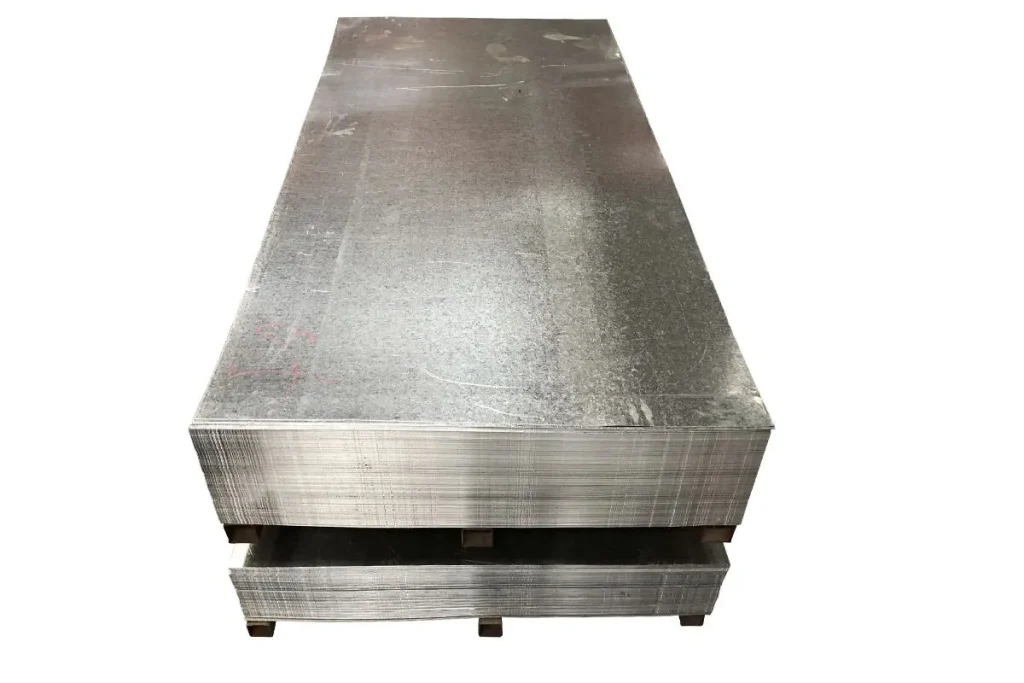
Создавайте эксклюзивные спецификации и формы по мере необходимости
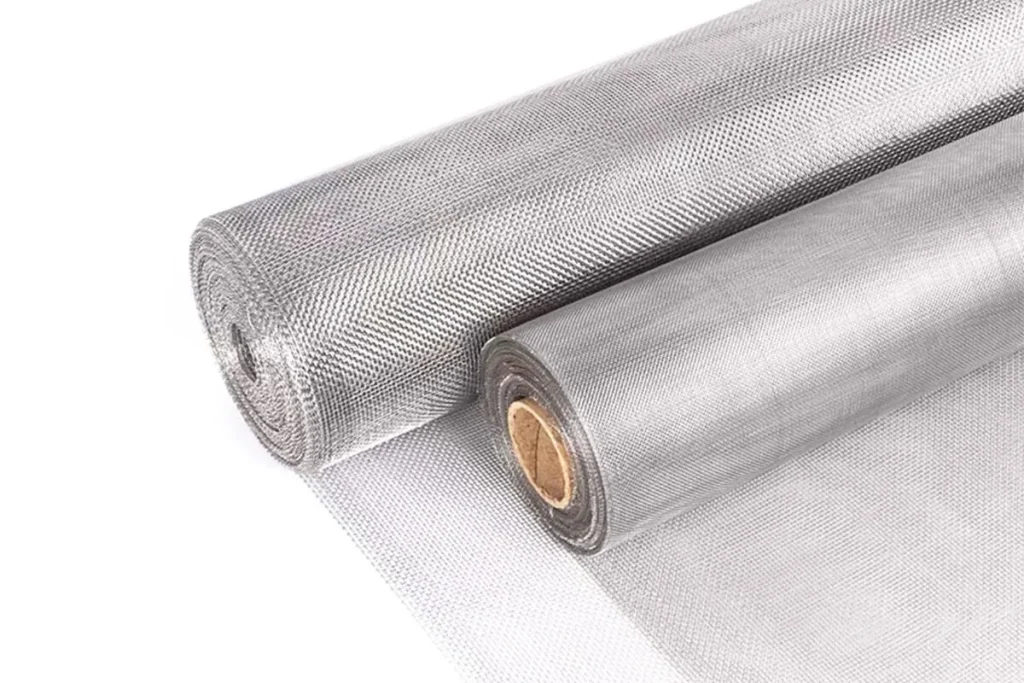
Глобальная сервисная команда, обеспечивающая полную послепродажную техническую поддержку
Наш завод производит широкий ассортимент стальной продукции, включая, помимо прочего, структурные балки, стальные прутки, пластины и рулоны. Мы также предлагаем индивидуальные решения, соответствующие конкретным размерам и составам в соответствии с требованиями заказчика.
Безусловно, вся наша стальная продукция соответствует международным стандартам и проходит строгие испытания на качество. Мы имеем различные сертификаты, включая ISO 9001, что подчеркивает нашу приверженность качеству. Каждая партия продукции поставляется с сертификатом, в котором подробно описывается ее класс и стандарты соответствия.
Да, мы способны справиться со значительными объемами заказов даже в сжатые сроки благодаря нашим передовым операционным процессам, значительной рабочей силе и эффективной логистической сети. Однако мы всегда рекомендуем связаться с нами для уточнения деталей как можно раньше для достижения наилучших результатов.
Устойчивость лежит в основе нашей деятельности. Мы используем энергоэффективные технологии, перерабатываем отходы и следуем строгим экологическим протоколам, чтобы минимизировать наше воздействие на окружающую среду. Наша приверженность выходит за рамки соответствия, стремясь к ориентированному на будущее устойчивому подходу во всем, что мы делаем.
Безопасность рабочих имеет первостепенное значение. Наш завод соблюдает все правила охраны труда и техники безопасности, регулярно проводит обучение, обеспечивает соблюдение строгих протоколов на рабочих местах и оснащает персонал передовыми средствами безопасности. Мы считаем, что безопасный работник — это уполномоченный работник.
Конечно. Мы гордимся своей способностью предоставлять индивидуальные решения. Наша команда экспертов тесно сотрудничает с клиентами, чтобы понять их потребности, предлагая индивидуальные композиции, разрезы и отделки, уникальные для их проектных требований.
Мы управляем логистикой через надежных партнеров, обеспечивая своевременные и безопасные поставки. Клиенты получают информацию об отслеживании после отправки заказов и могут контролировать свою отправку в режиме реального времени. Кроме того, наша служба поддержки клиентов всегда готова помочь.
Мы отвечаем за качество нашей продукции. В редких случаях дефектов или несоответствия у нас есть прозрачная политика возврата или обмена. Клиентам рекомендуется связаться с нами в течение указанного периода после получения, и мы обещаем быстрое и справедливое решение в соответствии с нашими условиями.